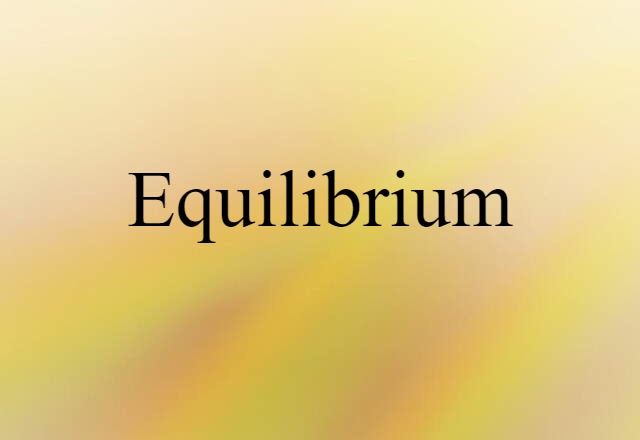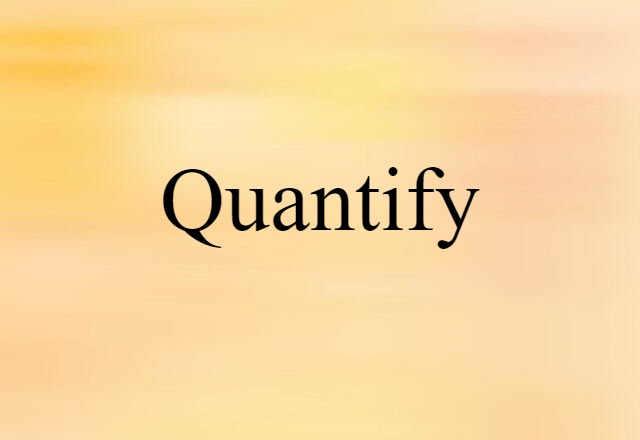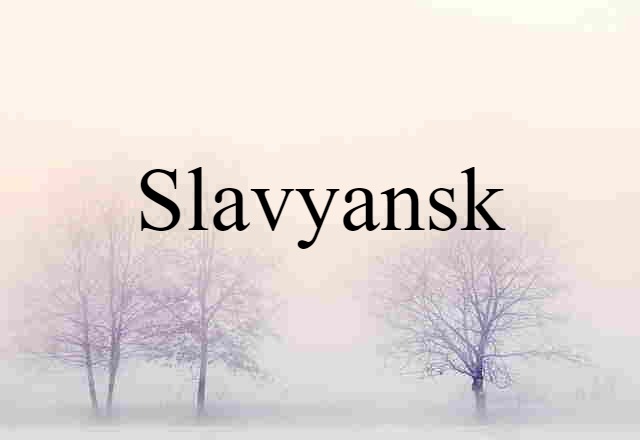- a state of rest or balance due to the equal action of opposing forces.
- equal balance between any powers, influences, etc.; equality of effect.
- mental or emotional balance; equanimity: The pressures of the situation caused her to lose her equilibrium.
- the condition existing when a chemical reaction and its reverse reaction proceed at equal rates.
- a stable condition in which forces cancel one another
- a state or feeling of mental balance; composure
- any unchanging condition or state of a body, system, etc, resulting from the balance or cancelling out of the influences or processes to which it is subjected
- a state of rest or uniform motion in which there is no resultant force on a body
- the condition existing when a chemical reaction and its reverse reaction take place at equal rates
- the condition of a system that has its total energy distributed among its component parts in the statistically most probable manner
- a state of bodily balance, maintained primarily by special receptors in the inner ear
- the economic condition in which there is neither excess demand nor excess supply in a market
















